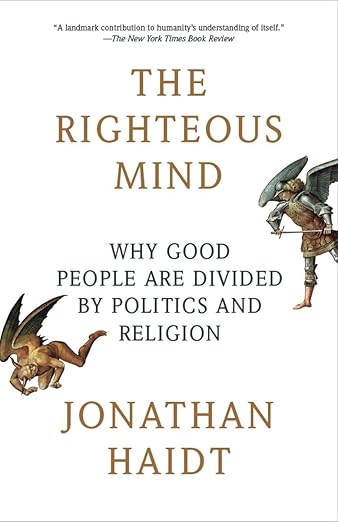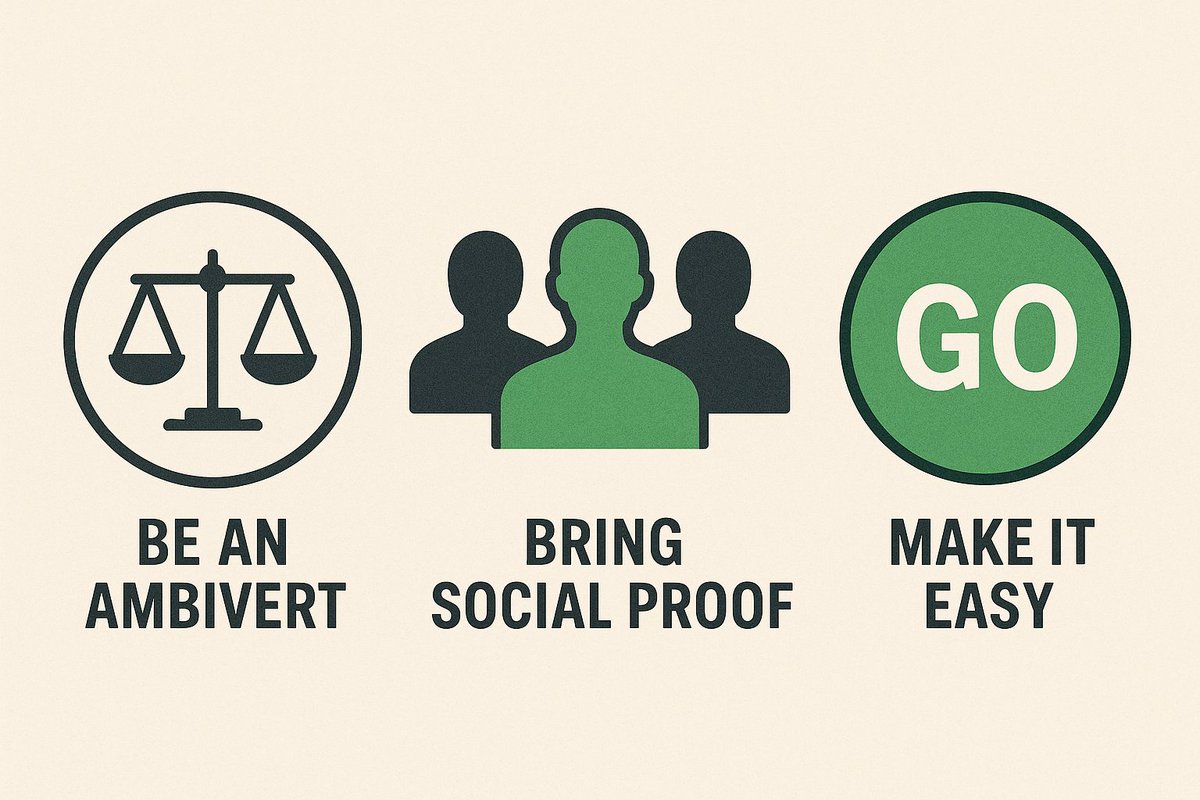Torture your book.
Crack the spine. Underline. Dog-ear. Scribble in the margins.
Books aren’t precious objects, they’re sparring partners. Engagement = memory.
Crack the spine. Underline. Dog-ear. Scribble in the margins.
Books aren’t precious objects, they’re sparring partners. Engagement = memory.
Use the S & H method: Summarize + Harvest.
At the end of each chapter, write 2–3 sentences in your own words.
Then answer, after the book:
• What’s the big idea?
• How does the author know (evidence)?
• What should I do (one action)?
At the end of each chapter, write 2–3 sentences in your own words.
Then answer, after the book:
• What’s the big idea?
• How does the author know (evidence)?
• What should I do (one action)?
Build a “second brain” for highlights.
Keep summaries + underlines in one folder (Docs/Notes/Notion).
Export Kindle highlights or dictate print notes.
When you need ideas, prompt an AI with your notes to surface quotes, stats, and themes.
Keep summaries + underlines in one folder (Docs/Notes/Notion).
Export Kindle highlights or dictate print notes.
When you need ideas, prompt an AI with your notes to surface quotes, stats, and themes.
Reread the right books.
The book is the same; you are different.
A great reread teaches you more about the text and about yourself.
The book is the same; you are different.
A great reread teaches you more about the text and about yourself.
Become a T-shaped reader.
Go deep in your field. Go broad outside it (history, psych, art, poetry, comics).
Depth without breadth narrows you. Breadth without depth thins you.
Do both to spark original ideas.
Go deep in your field. Go broad outside it (history, psych, art, poetry, comics).
Depth without breadth narrows you. Breadth without depth thins you.
Do both to spark original ideas.
Become a quitter.
If a book isn’t working, stop. It’s the author’s job to hold you.
Rule of thumb: 100 − your age = pages before you bail.
(At 26? Try 74 pages. At 53? 47 pages.)
If a book isn’t working, stop. It’s the author’s job to hold you.
Rule of thumb: 100 − your age = pages before you bail.
(At 26? Try 74 pages. At 53? 47 pages.)
Don’t stress.
Reading is a privilege, not a performance.
You’ll never read it all and speed-reading is mostly a hoax.
Read with intention. Read with joy.
What’s the last thing you read?
Watch my video on How to Be a Better Reader:
Reading is a privilege, not a performance.
You’ll never read it all and speed-reading is mostly a hoax.
Read with intention. Read with joy.
What’s the last thing you read?
Watch my video on How to Be a Better Reader:
• • •
Missing some Tweet in this thread? You can try to
force a refresh











